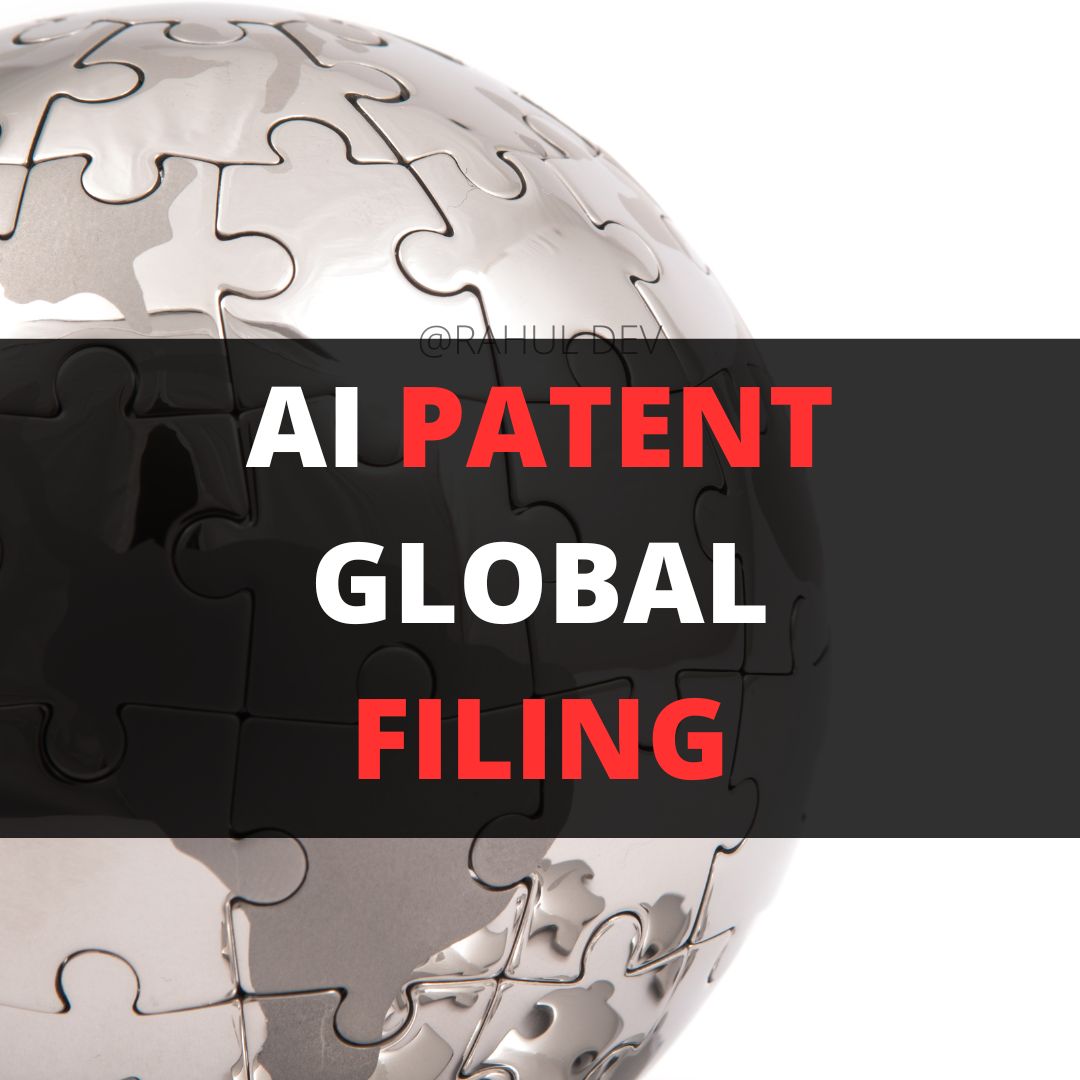A Variable Interest Entity (VIE) is a kind of legal business arrangement or structure where an investor has a controlling interest without any majority of voting rights. Some of the elements of this structure include a design where equity investors do not possess adequate resources to aid their ongoing operations in the business. In most instances, the VIE is established to preserve the business and protect it from creditors or any legal prosecution. A business that is the main recipient of a VIE must release the holdings in its consolidated balance sheet. Thus, VIE is incorporated as Special Purpose Vehicles (SPVs) to inertly retain monetary assets or to aggressively carry out research and development.
Alibaba in its capacity as an e-commerce company practices a VIE structure that enables U.S. citizens to buy VIE shares in Alibaba through the New York Stock Exchange (NYSE). From September 2014, to 2019, the price of the share rose from 38% to about 163%, or 21.36% 5yr compound yearly growth rate.
In 2000, Sina Corporation divided itself into three divisions. When it acquired money from American investors, it put the funds into a low-tax, offshore entity in the Cayman Islands. It then gave that holding company complete ownership of a fully foreign-owned entity that has its dwelling in China. From there, the foreign entity reaches an agreement with the parent company which fractions particular voting rights, dividend rights, and rights to obtain dividend distributions. When an entity purchased shares of Sina, they possessed an offshore holding business that utilized a straw mediator that reached contracts to obtain typical stock advantages and characteristics from the parent company itself. These aspects govern the present climate for VIEs considerably. Since an American investor in Alibaba obtains his “Ownership” via contract standards rather than principles of equity ownership, the enterprise depends on Alibaba’s power to contract and recognize the advantage of their investment.
In case of any legal dispute, an American investor who gets their interest in Alibaba withdrawn, have three feasible areas for a lawsuit.
(1) They can prosecute in China, but because there will be a regulatory decision of the interest through the contract was void, the Supreme People’s Court of China doesn’t condone Western investors.
(2) The investor can charge them in the Cayman Islands, but since Alibaba’s existence in the Cayman Islands only persists to the degree that it can aid the straw entities, Alibaba can simply withdraw from the country completely if these VIEs drop.
(3) Finally, there is the prospect of prosecuting in the United States. The VIE agreements state that they can only settle conflicts in China and the Cayman Islands. The Circuits in the U.S. courts have determined that if a global agreement prescribes the jurisdiction where the conflict will be settled, then that location must prevail.
The Supreme Court has normally asserted that it can’t establish a venue in the United States that the contracting parties did not consider if there is a “means of redressing the grievance” in the location that is the content of the agreement. The investor can theoretically redress their grievance before a Court in China, but there is no clarity on how qualitatively the Supreme Court will deal with the grievance.







